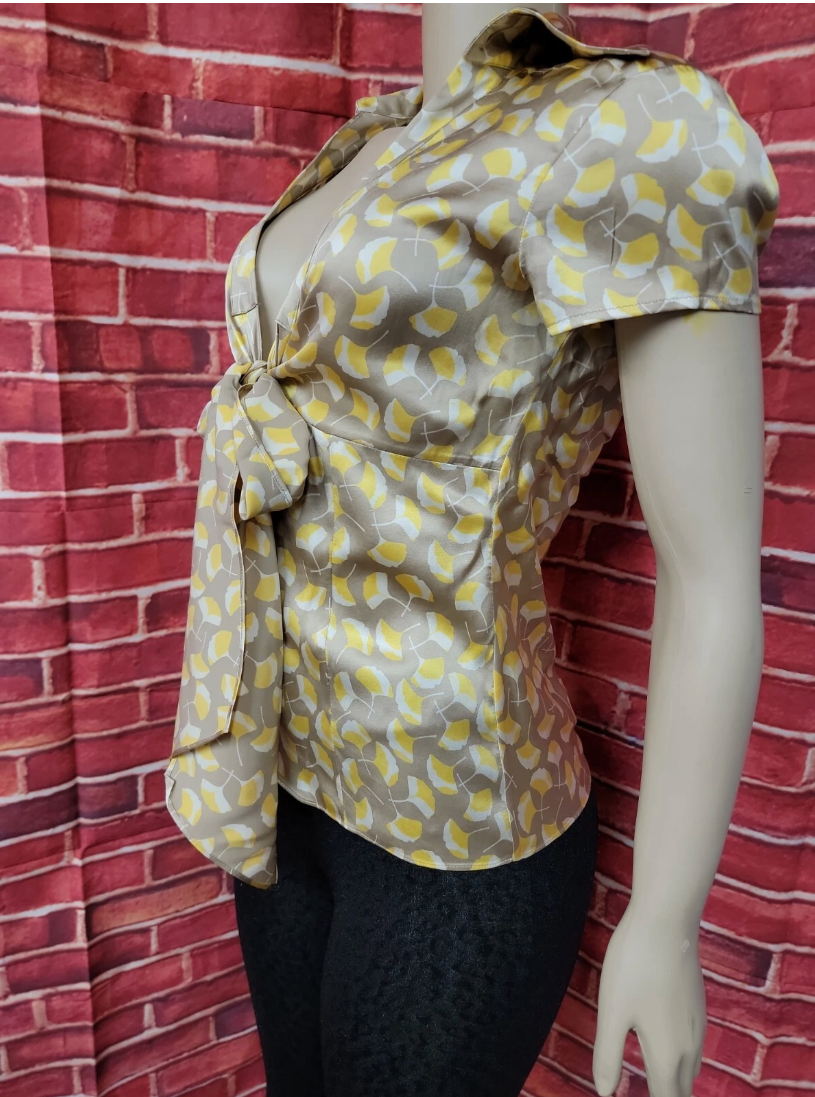She for All Time
How do I carry my trans daughter into to the past?

This is a story about words, in two parts.
1.
In my 20s, I sign up for an immersion Spanish class. The hour after class, walking home to my apartment, is always strange. After working hard to think and speak in Spanish, I am not able to name what’s around me. That skinny metal thing you hold on to as you walk up the front steps, what’s that called? And the hard stuff under my feet that you pour and it hardens? No object has its English name. I am not quite back in my life.
I walk along through the neighborhood. It’s so quiet.
Words return when I stop thinking about them. At some point, making supper, it comes to me: Railing. And: concrete. I look around the kitchen and test myself: can I name everything I see? Spoon. Table. Bowl. All is in place. A settled feeling.
Sign up for Gender Defiant in your inbox!
2.
My child comes out as trans in middle school. I switch to using the pronouns she and her. Some parents I know struggle with the new pronouns after their child comes out, but for me this part isn’t hard. My brother didn’t speak to my parents for ten years after he came out as gay and they rejected him. I will not reject my child.
My husband and I celebrate this stage of our daughter becoming her full self. We find it to be a time of joy. But then, I face down the past.
I am not sure how think about her babyhood—my early motherhood. The first time I say “her” babyhood, my whole body pushes back. I feel slapped down by a wave when I say “her.”
I strolled him, the baby, around the block. He comes seamlessly out of the past. That past had rules that told me: your child is Boy. I accepted those rules like a glass of water.
Lemons
I scroll through my photo library and pull up my favorite selfie of me holding the baby in that blue hoodie knitted by my aunt. I practice looking at the photo and saying her, learning her.
Her first word was clock.
She liked lemons.
I feel a God-like copyeditor circle us in red: It’s not her, it’s him. Hold him.
Don’t drop him.
Suddenly, every fear I had of dropping the baby rushes back to me, intact: off the bed, down the subway steps, under a truck. And how I imagined I would beg the truck driver, if it happened, to be merciful and run me over too.
“What pronouns should I use,” I ask my daughter after she gets back from her clarinet lesson, “when I talk about you as a baby? Because it feels wrong to say she. It feels like a mistake. How far back does she/her go?” My daughter answers simply: “she is for all time.”
And then I have grief. A shadow rearranging the past. Looking back and saying her, I feel the physical weight of my baby, in the sling, leaking out into the sea.
You're currently a free subscriber to Gender Defiant. We are entirely reader-supported. Any paid subscription helps our work and helps trans youth!
I am determined not to lose my child. I need to carry her into the past, because she asked me to. And I can’t.
He picked clover in a field. He in a blue towel by a motel pool. My husband wrapped him up so tightly. A toddler with short hair.... My daughter can’t look at that photo now. She hates it.
That’s hard.
When I look at the past, whose past am I meant to see? My memory says one thing. My head says another. My heart has no answer. I put down the photo and move on with my day.
Meantime
My days are full. There’s a lot to do. Visit the adolescent clinic, meet her new doctor, educate myself. I drop my question about the past as I begin to seek out fellow parents of trans kids. I start to build a community. My husband and I immerse ourselves in the present as our daughter works out how she wants her transition to go. As a family, we talk about how and when to announce to grandparents, friends, neighbors.
I don’t know how long this meantime lasts. Months, most of a year. But as I immerse myself in the present, I find, to my surprise, the past has loosened its hold on words. I discover this one day as I am talking to a friend about the baby and realize I am saying she without realizing it or having decided to. What happened.
She doesn’t feel wrong anymore. Saying it feels unremarkable as unlocking the door and walking into our house. Here she somehow is.
I am standing in the kitchen again, in the now. I look around and test myself. That’s where her highchair was. Can I really say that, is that her in the past? Does she have squash on her face? Yes, she has squash on her face. She is pulling sheet pans out of a drawer. Sitting on the floor with her fire truck, and she is looking out the window. She has settled, everywhere I remember.
—N.R.
Don't miss a thing! Get Gender Defiant in your inbox! We publish one quality essay a week. No fluff.



